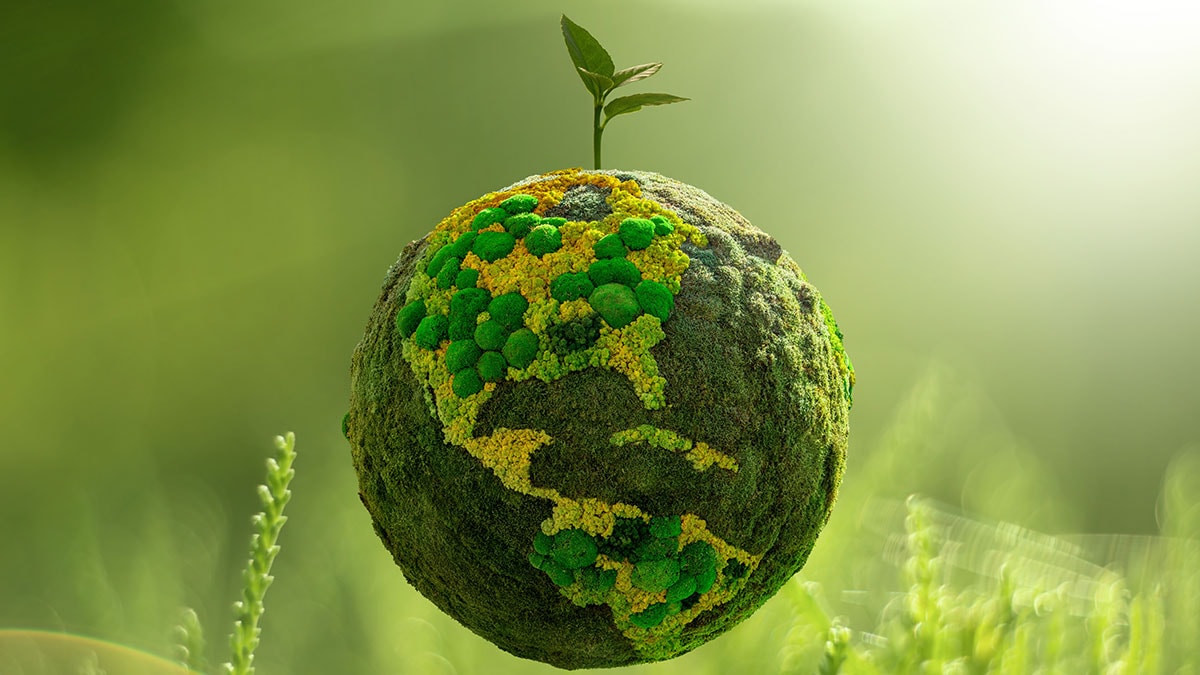Groundbreaking discovery for life on Mars
Scientists have made a discovery that could give a significant boost to future efforts to establish a sustainable life on Mars. Researchers have identified a species of desert moss that can survive in the harshest desert environments on Earth.
It turns out that this algae is capable of surviving even in the extreme conditions of Mars. The discovery is considered a major step in the efforts to establish human life on Mars.
LIVES IN HARSH CONDITIONS
Mars is known for its extremely cold temperatures and thin atmosphere. While the planet's temperatures can drop as low as -153 degrees Celsius, its thin atmosphere is unable to trap heat from the Sun and protect the planet from harmful ultraviolet radiation. These conditions make Mars unsuitable for human life. But scientists have long been on the trail of organisms that can survive in this harsh environment.
Although tests on microorganisms, algae and lichens in the Martian environment have yielded promising results in the past, the latest discovery is considered a step further than previous findings. 
DISCOVERED IN THE DESERT
According to the Guardian, Dr. Sarah Johnson, the leader of the research team, and her team discovered this special type of moss, which can withstand arid and harsh climates, in the harshest desert environments on Earth. Dr. Johnson stated that this moss has the ability to survive even in the cold, dry and low-oxygen atmosphere of Mars and said, “This moss species is an excellent example of biological life that could exist on the surface of Mars. It offers a promising start for our efforts to establish life on Mars.”
This discovery has created great excitement in the scientific world that Mars can support biological life. Algae's resilience and ability to adapt to extreme conditions could be a critical biological tool for establishing human life on Mars.
This desert moss is also remarkable for its ability to photosynthesize under Martian conditions. Photosynthesis is critical not only for oxygen production, but also for establishing a sustainable ecosystem on Mars. The research team thinks that this moss can be used as both oxygen production and a food source for future Mars colonies.
Dr. Johnson said, “We have taken an important step towards creating a sustainable ecosystem on Mars. This moss species strengthens our belief that life on Mars is possible.”



































